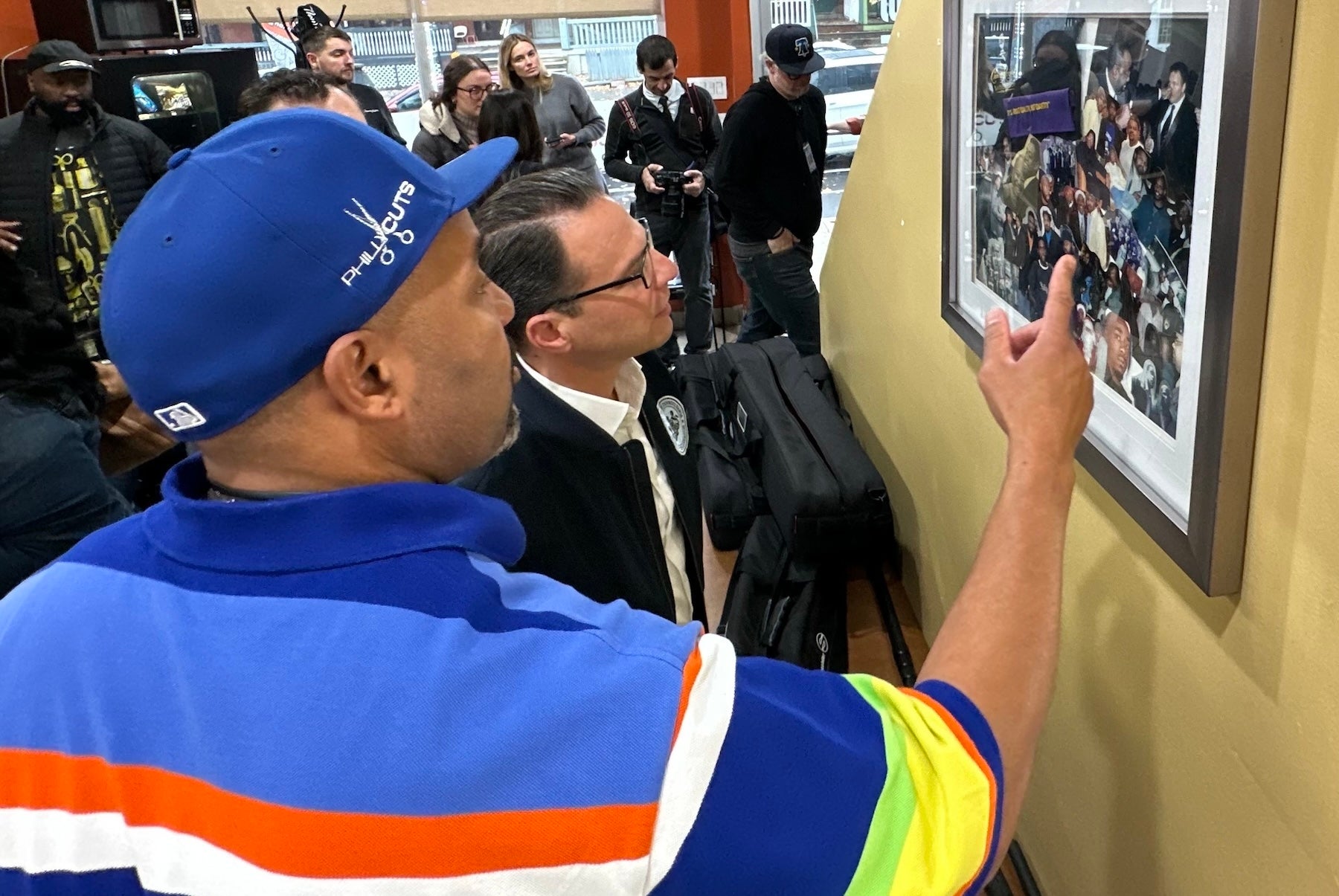Gambling
NFL Kicks Off With Rising Bankruptcies in Betting App States

Consumer bankruptcy attorneys are starting to see gambling debts feature more prominently in their practices, as an NFL season gets underway that is expected to prompt more legal sports bets than any in history.
About 30 states have legalized online sports betting since a 2018 US Supreme Court ruling cleared the way for them to do so. In the years since, residents of those states have shown early signs of financial distress, including a 28% increase in the likelihood of bankruptcy filings, according to a separate July study.
Americans are projected to place a record $35 billion in legal bets throughout this NFL season, up from $27 billion last year, as additional state legislatures are considering legalizing sports gambling and a Missouri ballot initiative looms in November.
“I’m typically seeing larger amounts owed when they’re doing online betting,” David Stevens, a New Jersey consumer bankruptcy attorney at Scura, Wigfield, Heyer, Stevens & Cammarota LLP, said.
Online sports books have made gambling easier and more accessible, and some attorneys say it’s pushed clients into Chapter 7 or Chapter 13 bankruptcy.
Walter Metzen, of Walter Metzen and Associates, has had clients in recent years who blew through their 401(k)s by gambling and have contemplated suicide, he said.
“I never used to see it,” Metzen, who’s based in Detroit, said. “This is a phenomenon in the last five years.”
Clients with gambling problems are usually reluctant to bring them up and often won’t tell their lawyer unless asked directly, bankruptcy attorneys said. Usually, gambling is one of multiple factors leading to bankruptcy, they said. Sometimes, attorneys won’t find out about their clients’ gambling problems until they see financial records.
“It’s amazing, sometimes just pages and pages of transactions, mostly small, under $100,” Metzen said.
The problems are most pronounced among men in their 20s and 30s, he said. Multiple studies have found that young men are most susceptible to gambling addiction, and the July study, by researchers at the University of California, Los Angeles and the University of Southern California, found that some of the financial downsides were slightly more common among low-income young men.
Gambling apps allow users to set limits on their activity and some of the most popular companies say they’re investing in tools to help users gamble responsibly.
Good-Faith Debt
Debt related to gambling is usually dischargeable in bankruptcy. Gambling debt isn’t typically accrued in bad faith and therefore can be discharged, Metzen said.
“They intended to pay it off,” he said. “They didn’t gamble to lose.”
Still, creditors and bankruptcy trustees can be put off by gambling debt, viewing it as irresponsible spending by someone who is already struggling financially.
When his clients have gambling problems, Metzen tells them to get treatment and sign themselves up for self-exclusion lists, which problem gamblers can use to block themselves from online sports books or casinos. It’s helpful to tell the trustee that the client is taking steps to address the gambling problem, Metzen said.
Stevens recently persuaded a judge that almost $13,000 in bets his clients made shortly before and during his bankruptcy didn’t amount to bad faith. In that case, his client’s largest creditor—a former landlord—argued that the client’s online sport gambling while in bankruptcy warranted dismissal of the case for bad faith.
But in an August ruling, Judge John K. Sherwood of the US Bankruptcy Court for the District of New Jersey declined to dismiss the case, writing that “poor judgment does not translate to bad faith.”
Stevens’ client had testified that the gambling was stupid and that he had since stopped betting. In an interview, Stevens said other factors besides gambling pushed the client into bankruptcy.
“There’s things you can do for entertainment that are perfectly OK regardless of whether people think it is,” Stevens said. “And gambling is one of those things.”
Still, continued gambling during bankruptcy can create problems with creditors, Stevens said, because losses sometimes come from funds that could be used to pay them back.
Designing a Case
The proliferation of sports betting means that creditors and trustees will start taking a closer look at debtors’ gambling expenses, Stevens said. Lawyers can minimize the friction caused by gambling by designing a case correctly, he said.
“I’m going to prep my case in the right way so these issues don’t arise,” he said.
That’s not always easy, especially when working with a debtor who thinks gambling can help them get out of financial distress, Arizona bankruptcy attorney Diane Drain said. Drain doesn’t file a case until a client has three months of financial records without gambling payments, she said. For a retired high school principal she worked with, getting three clean months was a challenge.
“That was someone who admitted to me at the very beginning of our discussions that he had that problem,” Drain said.
Credit Cards
Even if gambling is a reason for someone’s bankruptcy, it often doesn’t show up as part of the case, lawyers said. That’s because someone can gamble with cash and then run up debt elsewhere, or because they use their credit card to deposit gambling funds.
“Most people use credit cards to open their online gambling accounts,” Keith Whyte, executive director of the National Council on Problem Gambling, said.
Advertising and accessibility provide new challenges for problem gambling, he said, and apps allow “unprecedented” speed of betting, where players can place multiple bets on multiple games within seconds. Still, only a small proportion of gamblers become problem gamblers, he said.
Another study, which hasn’t been peer reviewed, found “no statistically significant impacts of online sports betting on self-reported financial difficulties.”
Betting apps also make it easier for gamblers to track their wins and losses, compared to some other forms of gambling, allowing bettors to have a better idea of their financial picture.
Jennifer Shatley, executive director of the Responsible Online Gaming Association, a trade group backed by some of the top sports betting apps, said research about gambling should be viewed in the country’s broader economic context.
“As noted by one study’s authors, online gaming tends to be legalized in those markets that are facing a budget deficit and other economic issues, which obviously could affect the financial health of residents in those jurisdictions,” Shatley said. “Quite simply, correlation does not equal causation.”
The UCLA and USC study didn’t find an increase in credit card delinquency in states that had legalized online sports betting. It’s likely that credit card companies lowered credit limits in those states, evidently to insulate themselves from some of the risks, the authors said.
State Status
Brett Hollenbeck, a UCLA professor and co-author of the study, said he’s not advocating for policy change, even while legalization is on the table in multiple states.
Missouri voters in November will decide whether to legalize online sports betting, and lawmakers in other states have floated similar measures, though legalization legislation in Georgia and Mississippi has stalled in the past few months.
Hollenbeck said he enjoys gambling and that good reasons exist for people to vote for legalization. Still, the study shows that for some people who bet, their financial situation will worsen.
“While there’s benefits from having legalized sports gambling, it comes at some cost too,” he said.









